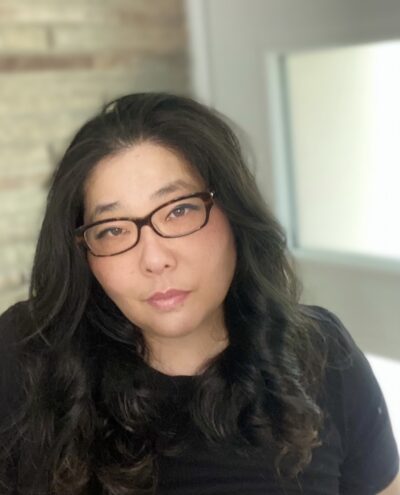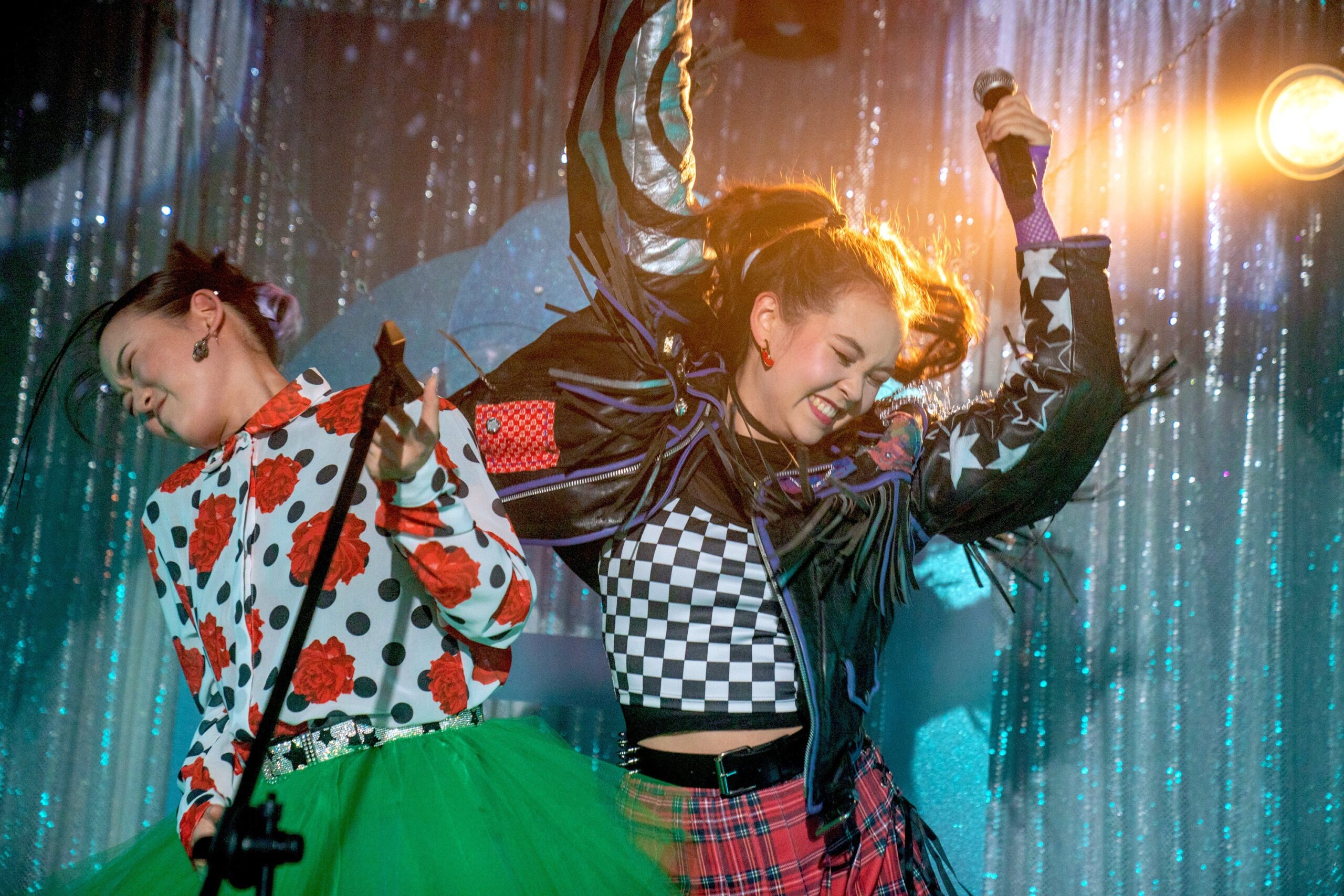In creating the new CBC Gem series, Gangnam Project, Sarah Haasz has challenged the status quo while narrating stories that hit close to home as Korean-Canadian.
Leading the show as a co-showrunner alongside Romeo Candido, Haasz’s coming-of-age series follows the story of Hannah Shin, a free-spirited Korean-Canadian teen who dreams of becoming a K-pop idol and connecting with her heritage. She later accepts a job as an English tutor and flies out to South Korea to work at a K-pop training school. After a few twists and turns, she wins her students over, showcasing her talent with impromptu performances. Hannah’s talents attract the school’s owner and she embarks on a journey to become a student herself.
As a Korean emigrant, Haasz has long battled questions surrounding racial identity. As the pressure to embrace both sides of herself strengthens with time, this project came about to empower others. “It’s rooted in a personal story where I was caught between generations being a first-generation Korean,” Haasz says. “ I didn’t feel creative enough in the place where I was born, I didn’t speak the language quite well, ate different foods and behaved differently, perhaps.”

Courtesy of CBC Gem
Haasz chimes in on how the Hallyu wave has amplified Korean stories across borders. First coined in 1999 by Chinese journalists, “Hallyu” describes the wave of Korean media in international countries. Attributed to many notable artists such as BTS, BoA, and New Jeans, K-pop has made its presence known internationally. Moreover, Korean films such as Parasite and Past Lives have gained recognition for their excellence alongside Korean beauty and skincare industries. Long after the term was created, Korean media has taken the entertainment industry by storm with music, television and films. For Korean creatives like Haasz, the global phenomenon has opened up many opportunities.
“I don’t know if there was an audience for it six years ago, which really allowed us to work on it and make it more relevant, more authentic, and appealing to audiences. There was this movement with so much interest in Korea with food, fashion, and K-pop. It gained momentum and people were willing to take on the project,” Haasz explains.
When it came to casting the star of the show, finding a lead actress was no easy feat for the crew. Haasz had a specific vision in mind for Hannah. “Our criteria was basically a biracial girl who we need to sing, dance, and act. I don’t think there was anyone who could play the role other than Julia Kim Caldwell,” she begins.
For the actress, this role is an homage to the genre which has allowed her to learn more about Korea. “I’m so excited for anyone who’s always been a fan of K-pop, like myself, to get to live out their trainee fantasy with Hannah’s journey, and for newcomers to fall in love with everything K-pop,” says Caldwell.

Courtesy of CBC Gem
Taking inspiration from those in her life, Haasz wanted to keep an element of authenticity for those watching. Luckily, the cast meshed instantly,“they met, got along so well and bonded immediately. I’m sure they will be forever friends, so that chemistry really translated on screen.”
Though diversity remained a core part of her creation process, Haasz wanted to emphasize the universality of storytelling. Despite focusing on her heritage through the creation of the show, she wanted to relay a relatable story of acceptance. Reflecting on her own relationship with her Korean identity, she describes “I’m Korean, I was born in Korea, but I’m also Canadian. I’m both, I take the best of the two and it becomes the best of my character. My kids are also biracial, so I encourage them to explore their Korean side along with their Hungarian, French and Scottish side.”
With all the difficulties that can come along with accepting one’s racialized identity, it is so important for immigrant stories to come to the forefront of these conversations. Despite the lightheartedness of Gangnam Project, “everything is in full circle,” Haasz begins. “I appreciate the idea of my parents who gave up everything to move to a foreign country without learning the language and working. For that reason, I’m able to pursue what I want and it’s these sacrifices that make me appreciate it all even more.”




 Follow Us On Instagram
Follow Us On Instagram
